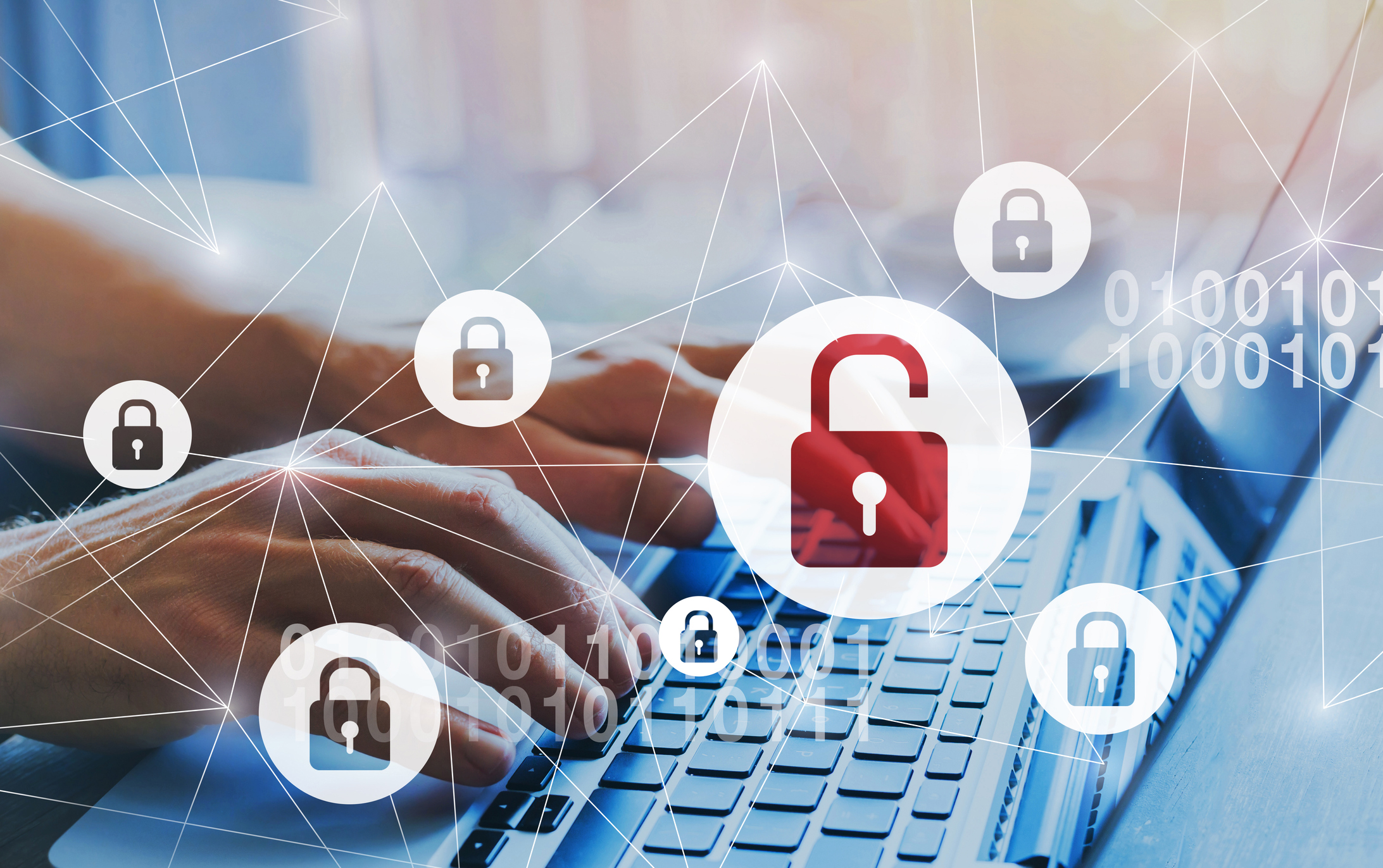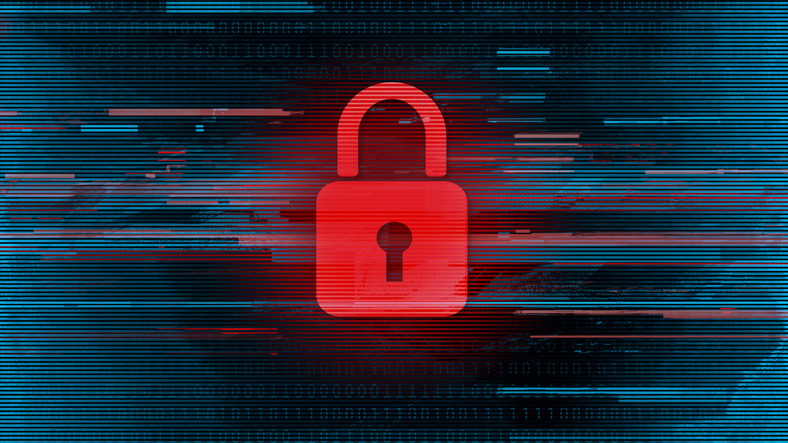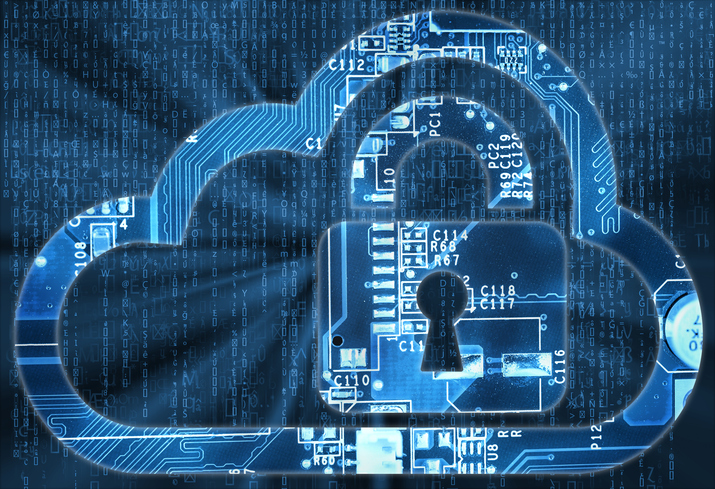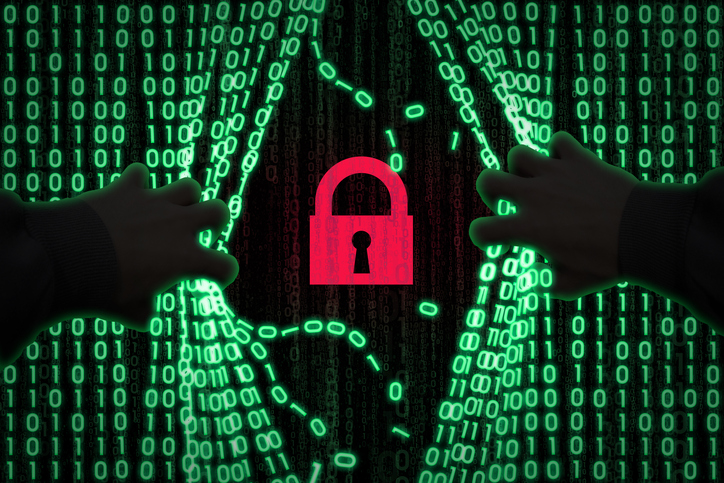
Stronger Cybersecurity in Healthcare Starts with Smart Policy
Leaders across healthcare, technology, and policy circles agree that cybersecurity isn't just a technical necessity — it's foundational to patient safety

Leaders across healthcare, technology, and policy circles agree that cybersecurity isn't just a technical necessity — it's foundational to patient safety

While hospitals have contingency plans for events like power outages and extreme weather — backup generators, secondary chillers, and fiber for internet coverage — they can typically neglect vulnerabilities in the revenue cycle. Here are five proactive measures for hospitals and revenue cycle management/clearing house partners.

The attack has given detailed dossiers on millions of lives to criminals, employers, enemies and anyone with the means and motivation to exploit them. This isn't just another data breach, it's a healthcare catastrophe — and it's being inexplicably downplayed.

A proactive cybersecurity stance can maintain the integrity of healthcare, ensuring that care remains both continuous and secure.

Increasing costs and healthcare cybersecurity worries have sparked calls for new laws. The bipartisan “Strengthening Cybersecurity in Health Care Act” by four senators would require the HHS to perform routine evaluations of its systems and deliver biannual reports on practices and progress.

Protecting rural healthcare and pharmaceutical networks is an ongoing effort that requires comprehensive cybersecurity that goes beyond traditional IT systems, combining technical solutions, employee education, and a commitment to staying up to date with evolving cyber threats.

Greater collaboration among healthcare providers, medical device manufacturers, and lawmakers and regulators will lead to predictability and consistency in cybersecurity management. Together, we can make even greater strides toward patient safety and a more secure and sustainable healthcare system.

The federal government has established various departments and initiatives to promote cybersecurity among healthcare organizations, but experts say these efforts require more cross-agency collaboration in order to be effective. Most urgently, many cybersecurity experts are calling for the FDA to spend more time collaborating with other federal agencies on cybersecurity recommendations for medical devices.

As more connected medical devices are built on AI, cybersecurity risks will increase as well - and it’s more important than ever before for manufacturers to implement advanced security protections in the design phase to ensure the safety of healthcare organizations, providers and patients.

As the popularity of digital healthcare only continues to grow, the innovative entrepreneurs who balance all factors of the ‘consumer’ patient experience will find the highest adoption.

Thirty-six percent of health institutions were unable to deliver patient care for at least five hours because of a cyberattack, according to a 2019 AMA Accenture Medical Cybersecurity Survey.

Imprivata CIO Aaron Miri called attention to cybersecurity risks hospitals face and ways they can reduce medical errors with biometrics.